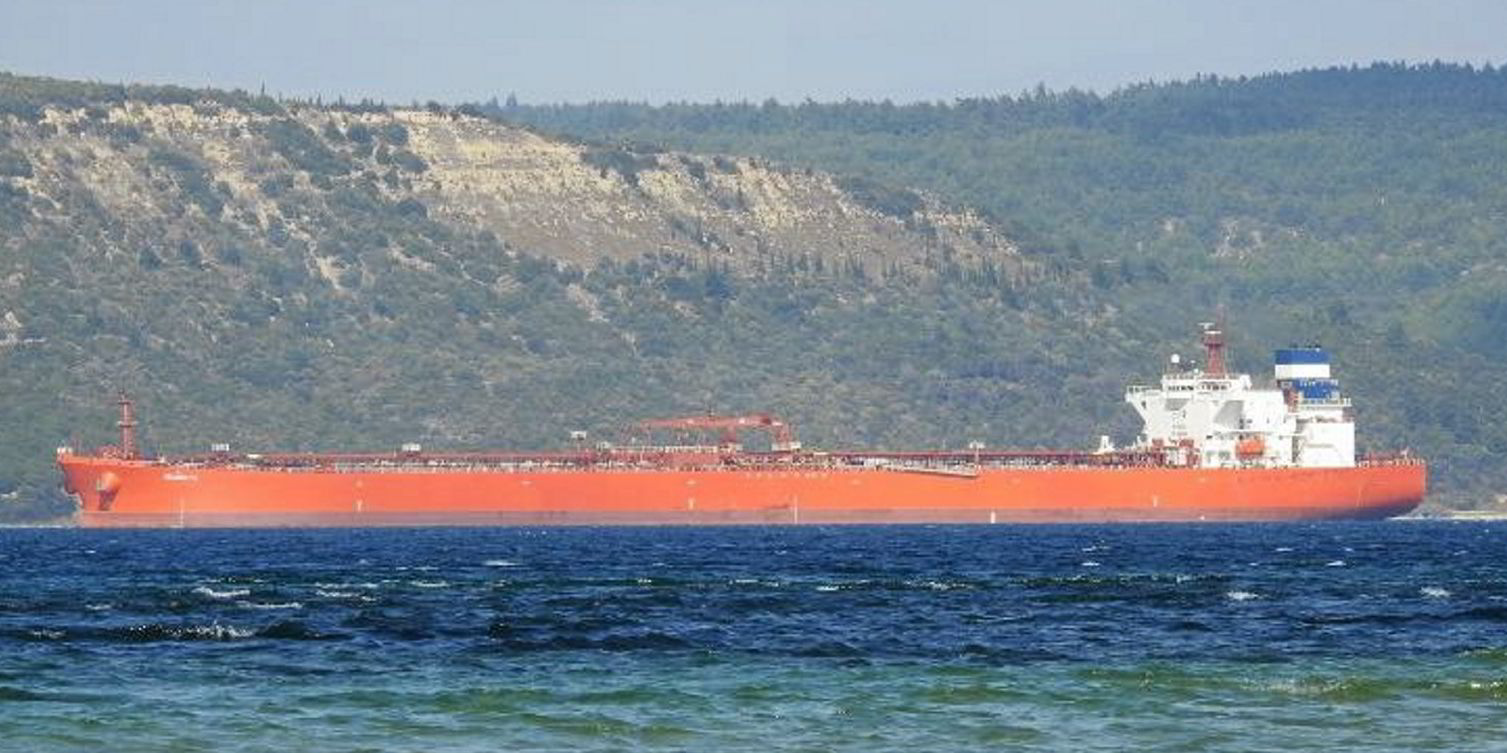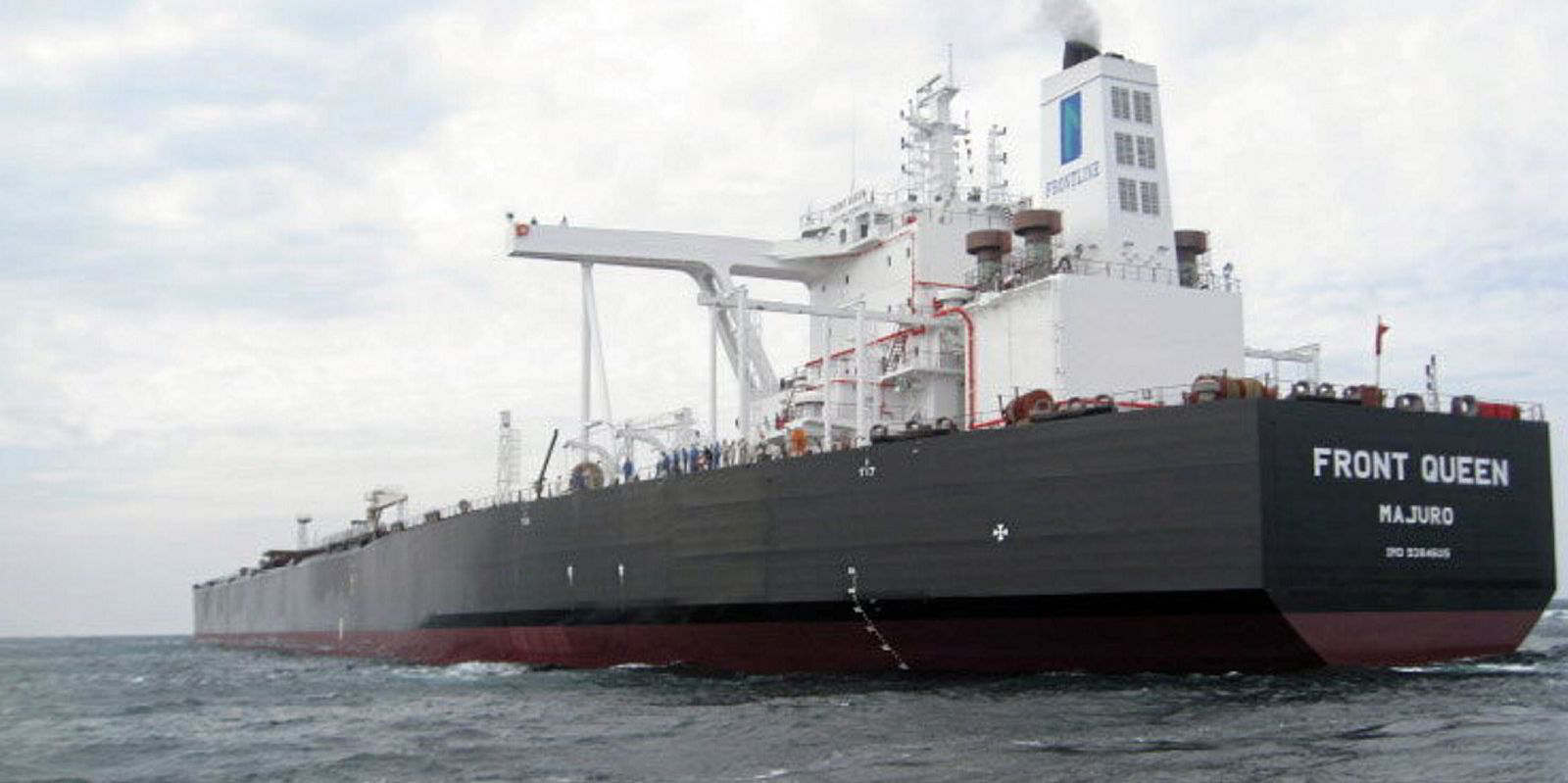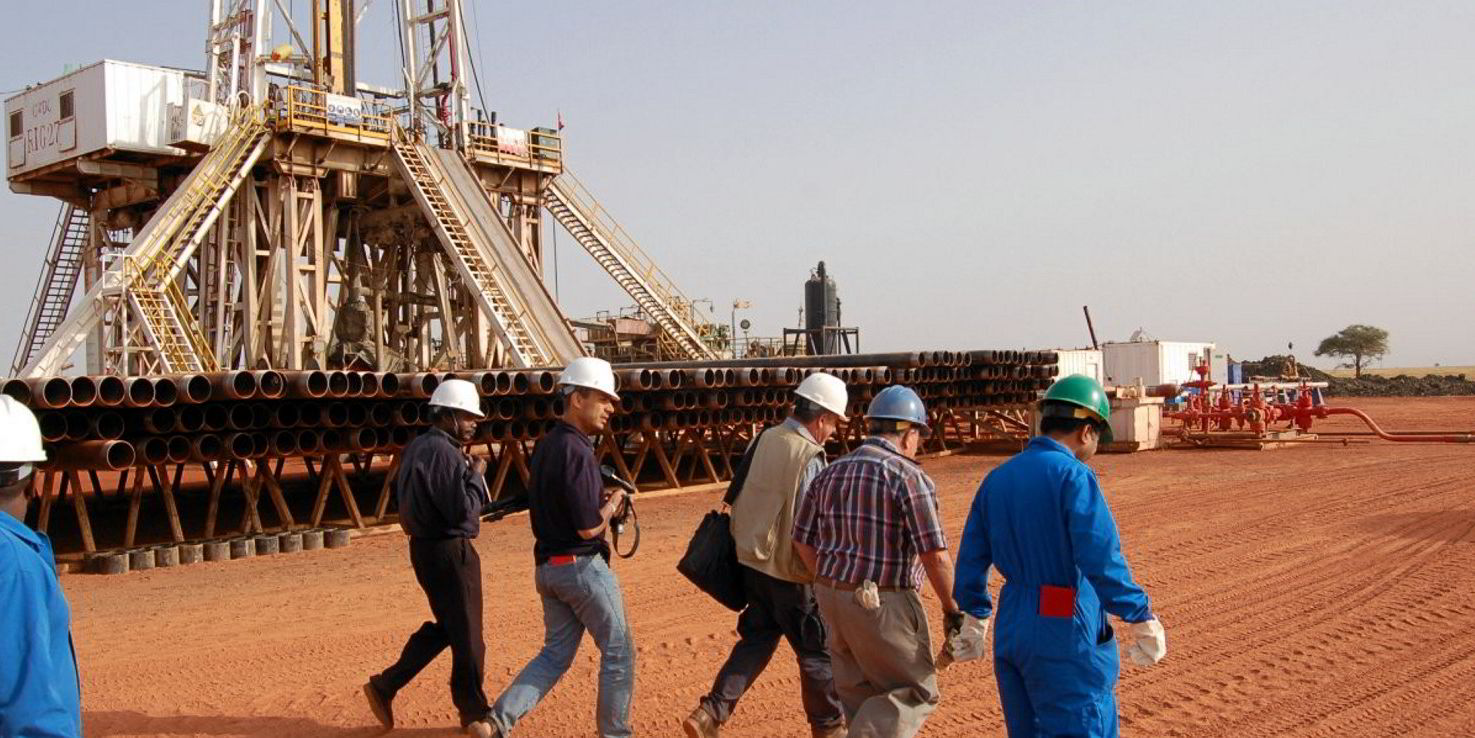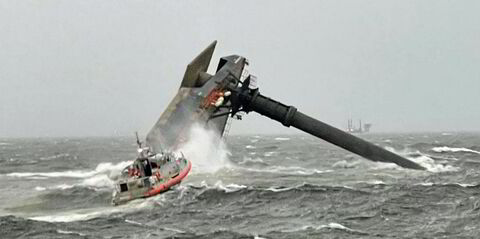Change is the only constant for tankers in the Mediterranean Sea, according to US shipbroker Poten & Partners.
The New York shop said owners should “expect the unexpected” when faced with a series of questions to which as yet there is no answer.
Poten said making predictions in an “extremely volatile” market is impossible.
It is not clear how the conflict between Israel and Hamas will evolve, nor whether rockets fired by Yemen’s Houthi rebels can reach Mediterranean shipping, as they claim.
And no one knows when northern Iraqi crude exports will resume through the Turkish port of Ceyhan, after disputes between the two sides over previous shipments.
“What about Russia? Too many variables to make a prediction, other than that the market will likely remain volatile. Expect the unexpected,” Poten said.
Given the restrictions at many ports in the region, as well as at the Suez Canal, the Mediterranean has always been more important for aframaxes and suezmaxes than for VLCCs.
Data from Vortexa shows that on an average day over the past four years, about 3m barrels of crude were loaded for cross-Med trips.
On top of that, there are also barrels moving into the area from other sources, mostly from the US, and exports to north-west Europe and the US, Poten pointed out.
About two-thirds of cross-Med crude cargoes are carried on aframaxes and one-quarter on suezmaxes.
A lot going on
“There is always a lot going on in the Med and this is reflected in the tanker market,” the broker said.
Rates tanked during the pandemic of 2020 and 2021, but had begun to recover by the time Russia invaded Ukraine in 2022.
This “turbocharged” earnings, Poten said, as Western sanctions forced new long-haul trading patterns to be developed.
Aframax rates peaked at more than $200,000 per day by the end of 2022, but by last summer, Russian Urals crude prices had increased above the G7 price cap, causing many Western owners to exit the trade.
This led to a sudden surge in aframax availability and a collapse in rates.
By mid-September, rates in the Mediterranean were down to $10,000 per day.
Then Hamas attacked Israel, triggering a war in the Middle East.
Rates spiked again and have remained high but volatile ever since, the brokerage noted.





